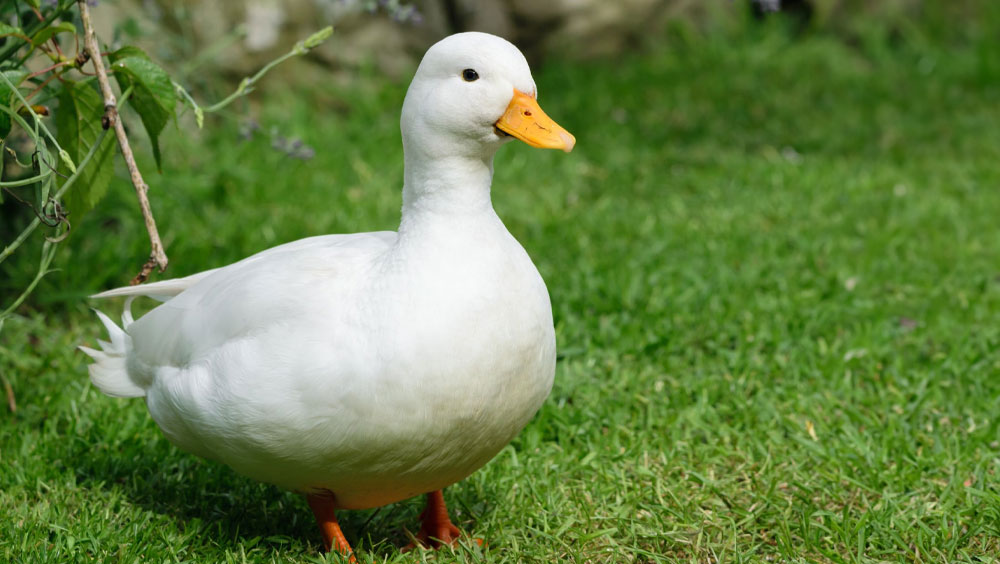Ducks, with their endearing antics and melodic quacks, have captured the hearts of many and are gaining traction as unconventional pets. These charming creatures present a delightful alternative to the typical household pets such as cats and dogs, offering a unique companionship experience. However, embracing ducks as part of the family comes with its own set of responsibilities and considerations. It's crucial to thoroughly comprehend their specific needs and the level of commitment required to ensure their well-being. This guide is designed to assist you in determining whether a pet duck aligns with your family’s lifestyle and preferences.
Are Ducks Good Pets?
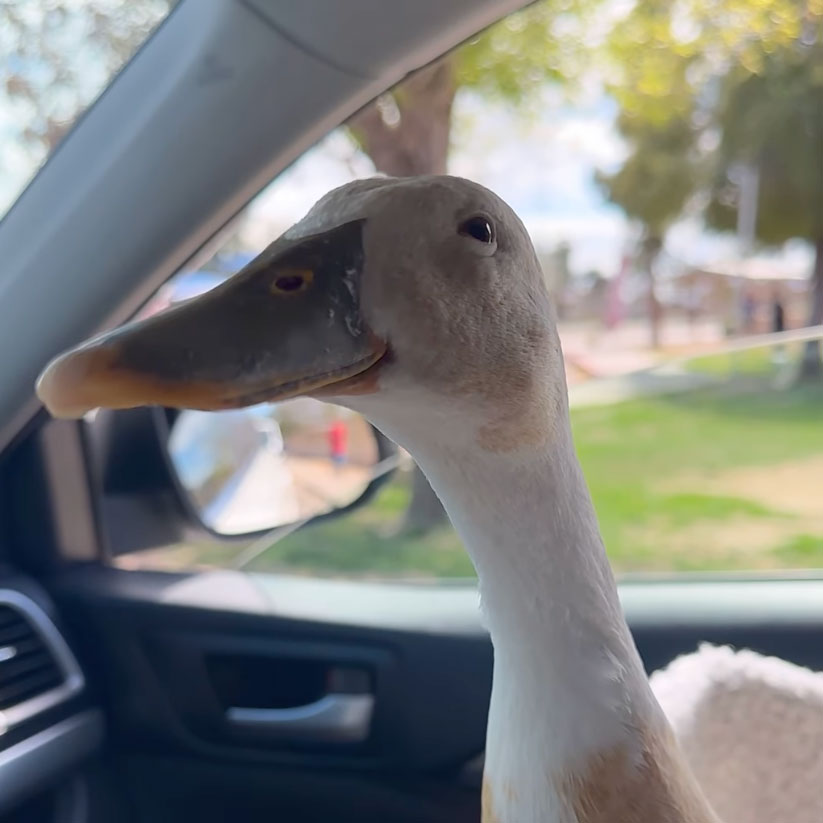
However, potential duck owners should be aware of the commitment involved. Ducks require ample outdoor space to roam, as well as a safe, predator-proof enclosure for protection. Their diet should include a balanced mix of grains, vegetables, and insects to ensure proper nutrition. Additionally, ducks are waterfowl, so access to a pond or a kiddie pool for swimming and dabbling is essential for their well-being. It's also important to note that ducks can be messy and may not be suited for indoor living. Regular cleaning of their living area will be necessary to maintain a healthy environment. Moreover, ducks can live for over a decade, so prospective owners must be ready for a long-term commitment. With the right preparation and care, ducks can become charming and entertaining members of your household, offering endless joy with their playful behavior and endearing quirks..
The Space And Environment Needed
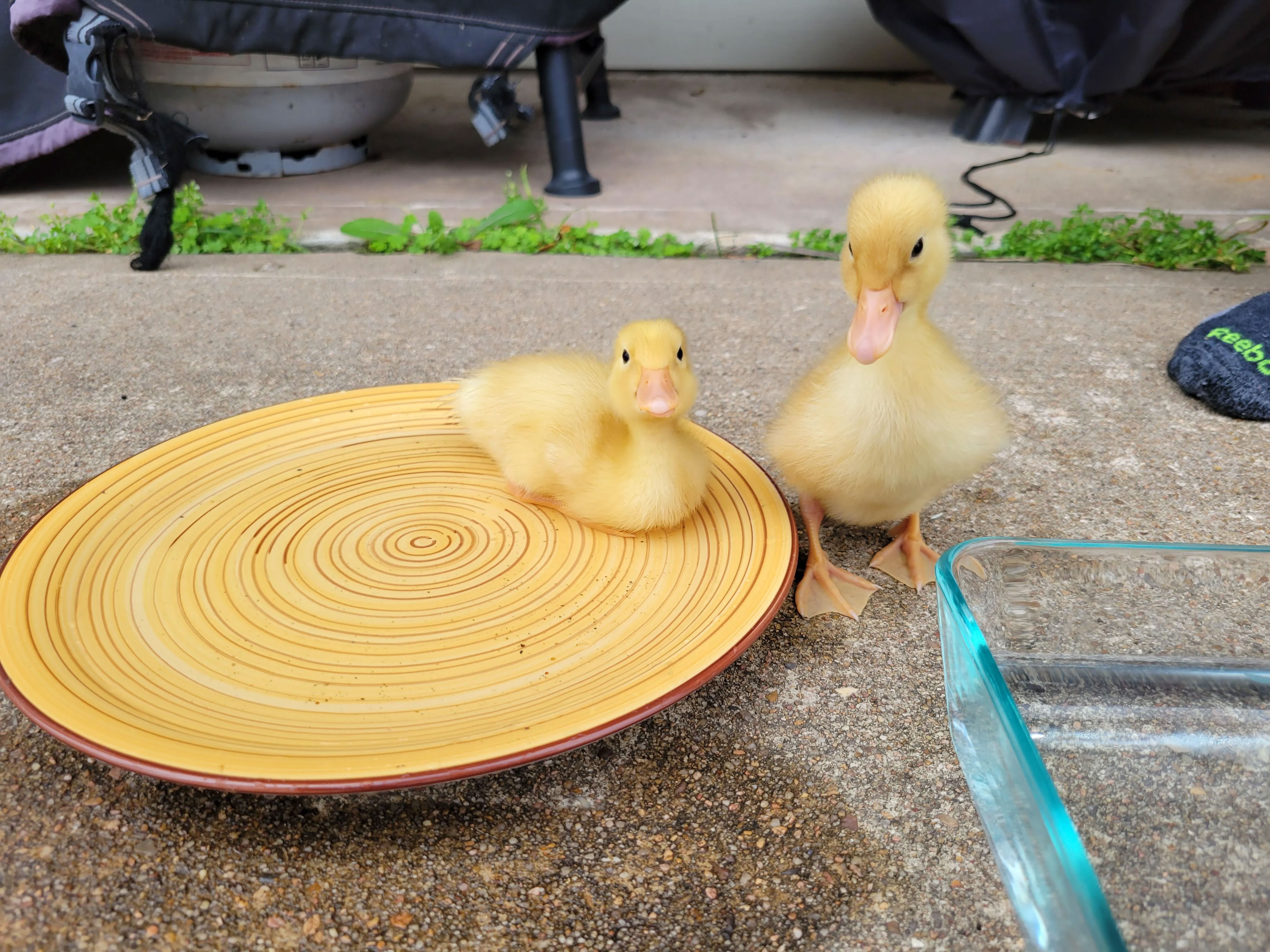
Opting for ducks as pets comes with the rewarding task of crafting a habitat that ensures their well-being. Unlike conventional pets, ducks thrive when they have ample space to explore and engage in instinctual activities such as dabbling and preening. Creating a secure outdoor area is vital, not only to give them freedom but also to safeguard them against potential threats like predators. This may involve building a sturdy, predator-proof coop for nighttime safety, equipped with comfortable bedding and proper ventilation. Furthermore, water plays a central role in a duck's life. Whether opting for a quaint backyard pond or a simple kiddie pool, regular access to water allows ducks to clean their feathers, regulate their temperature, and enjoy playful moments. By understanding and catering to these needs, duck owners can ensure a harmonious and fulfilling environment for their feathered friends..
How Long Do Pet Ducks Live?
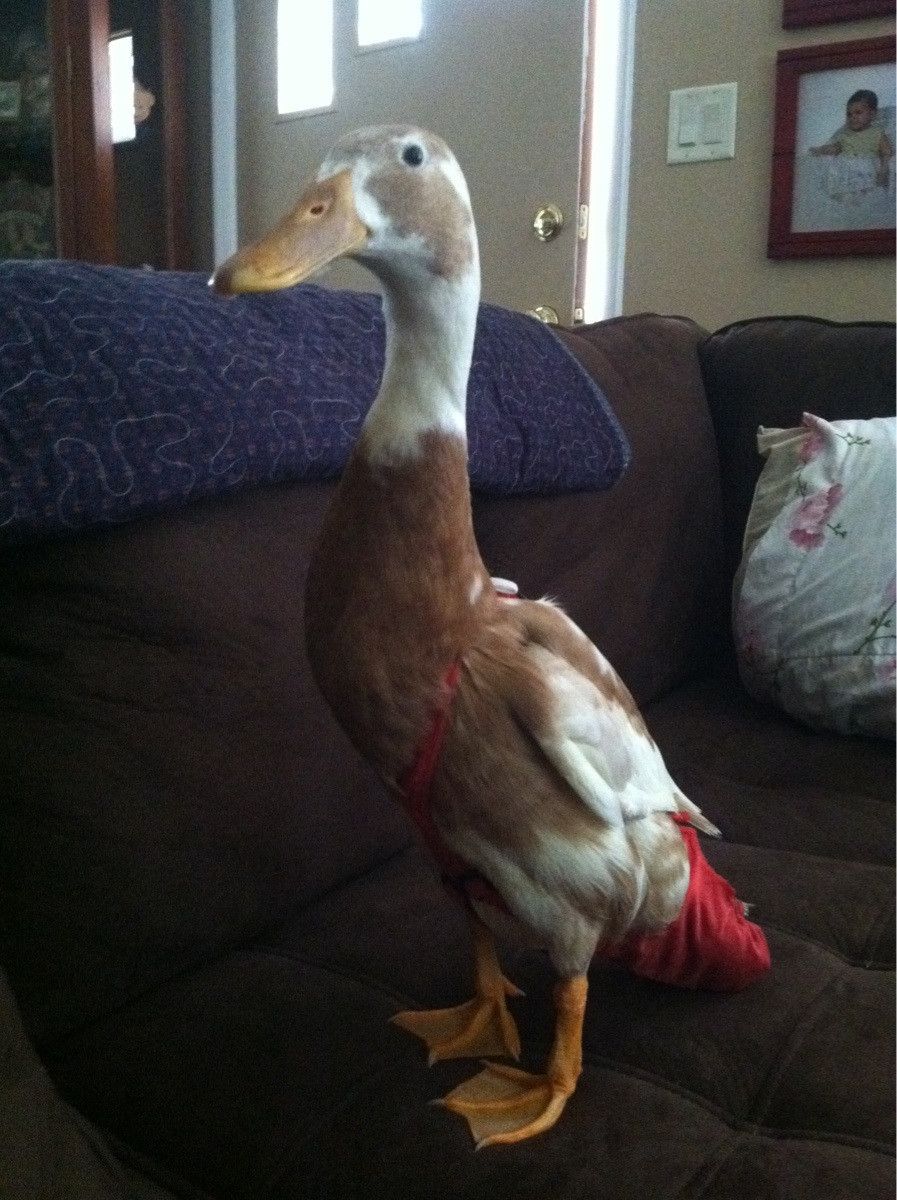
Prospective duck owners should consider the long-term nature of caring for these delightful birds. With lifespans ranging from 10 to 15 years, depending on the breed and quality of care, ducks require a steadfast commitment to their well-being. Ensuring a balanced diet tailored to their specific needs, including grain, greens, and occasional treats, is essential in promoting their health. Additionally, providing a safe, spacious habitat with access to water for swimming and foraging enriches their daily life and enhances their longevity. Regular veterinary check-ups are equally important in diagnosing and preventing potential health issues early. By dedicating time and resources to these aspects, duck owners can enjoy the companionship of their feathered friends for many years..
Which Breed To Choose?
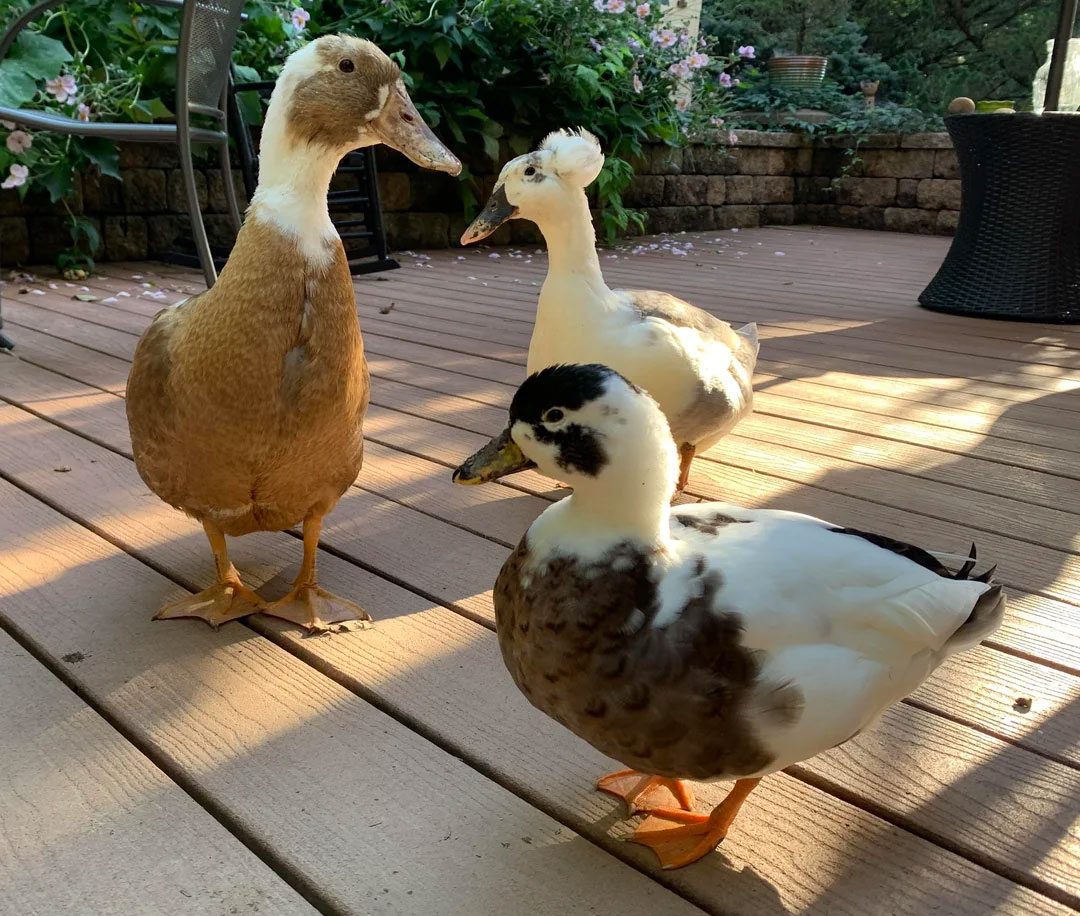
When choosing the ideal duck for a pet, it’s important to delve into the distinct characteristics and care requirements that each breed offers. For those seeking an affable and easy-to-handle companion, the Pekin duck stands out with its gentle demeanor and amiable disposition, making it a favorite among families. Meanwhile, the uniquely slender and upright Indian Runner displays a lively personality, often adding a touch of quirky charm to any household. On the other hand, if a compact, sociable bird is preferred, the Call duck’s diminutive size and engaging nature make it an excellent choice for intimate settings. Understanding these nuanced differences is crucial, as the right match enhances both the owner's and the duck's experience, ensuring a harmonious and joyous coexistence. Conducting thorough research and considering personal lifestyle factors will ultimately guide prospective duck owners to the perfect feathered friend for their home environment..
Dietary Needs Of Pet Ducks
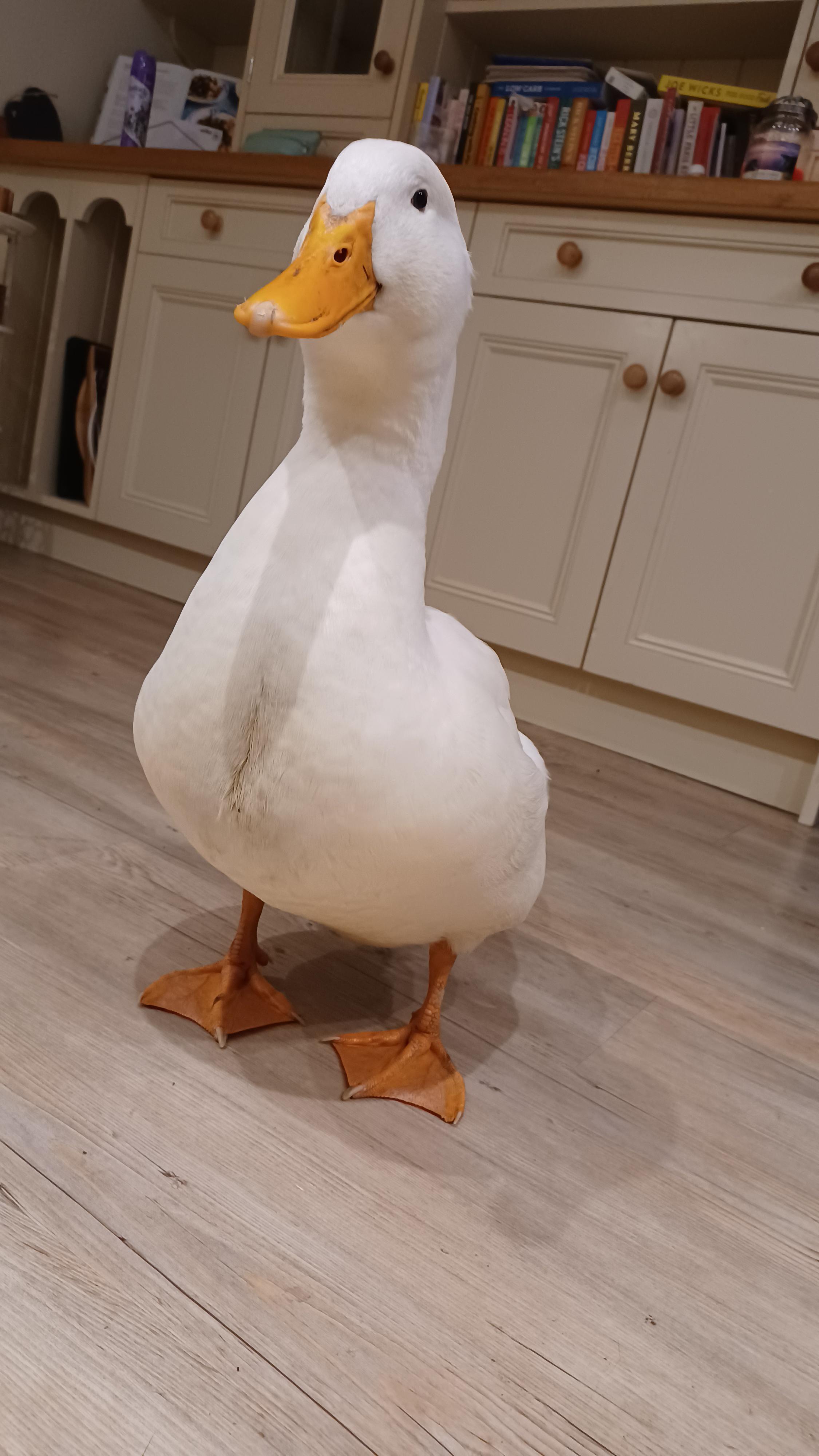
In addition to a well-rounded diet, it's important to consider the feeding environment for ducks. Ducks are foragers by nature, so allowing them to explore and search for food can provide both mental stimulation and physical exercise. When providing fresh vegetables, it's beneficial to chop them into small, manageable pieces to prevent any choking hazards. Introducing variety, such as leafy greens, peas, and corn, can keep their diet interesting and more nutritious. It's equally important to avoid overfeeding, as obesity in ducks can lead to serious health issues. Regularly monitoring their weight and condition ensures they remain fit and active. Implementing these practices contributes to the ducks’ well-being and fosters a nurturing relationship between the keeper and their feathered friends..
Building A Bond
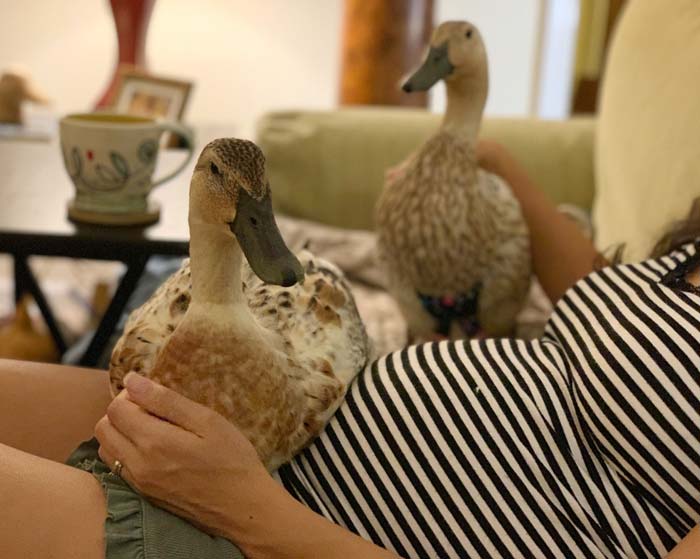
Petting ducks can be a rewarding experience, but it requires patience and consistency. Ducks may not be as naturally affectionate as cats or dogs, but with time, they can learn to enjoy human interaction. Spending time near them daily, speaking softly, and offering gentle touches can help build trust and strengthen the bond between you and your feathered friends. Understand their body language, which can communicate comfort or hesitation—an important aspect of nurturing a positive interaction. Additionally, offering healthy treats like peas or corn can further encourage engagement, making them associate your presence with positive experiences. Remember to respect their boundaries; forcing interaction can lead to stress, while respecting their space fosters willingness and curiosity in ducks to approach on their own. Over time, you'll notice their growing interest in your presence, reflected in their willingness to approach you and perhaps even cuddle up for a cozy rest. Adjusting your behavior to suit their comfort levels is crucial in developing a harmonious and loving relationship with these charming creatures..
Health Care For Pet Ducks
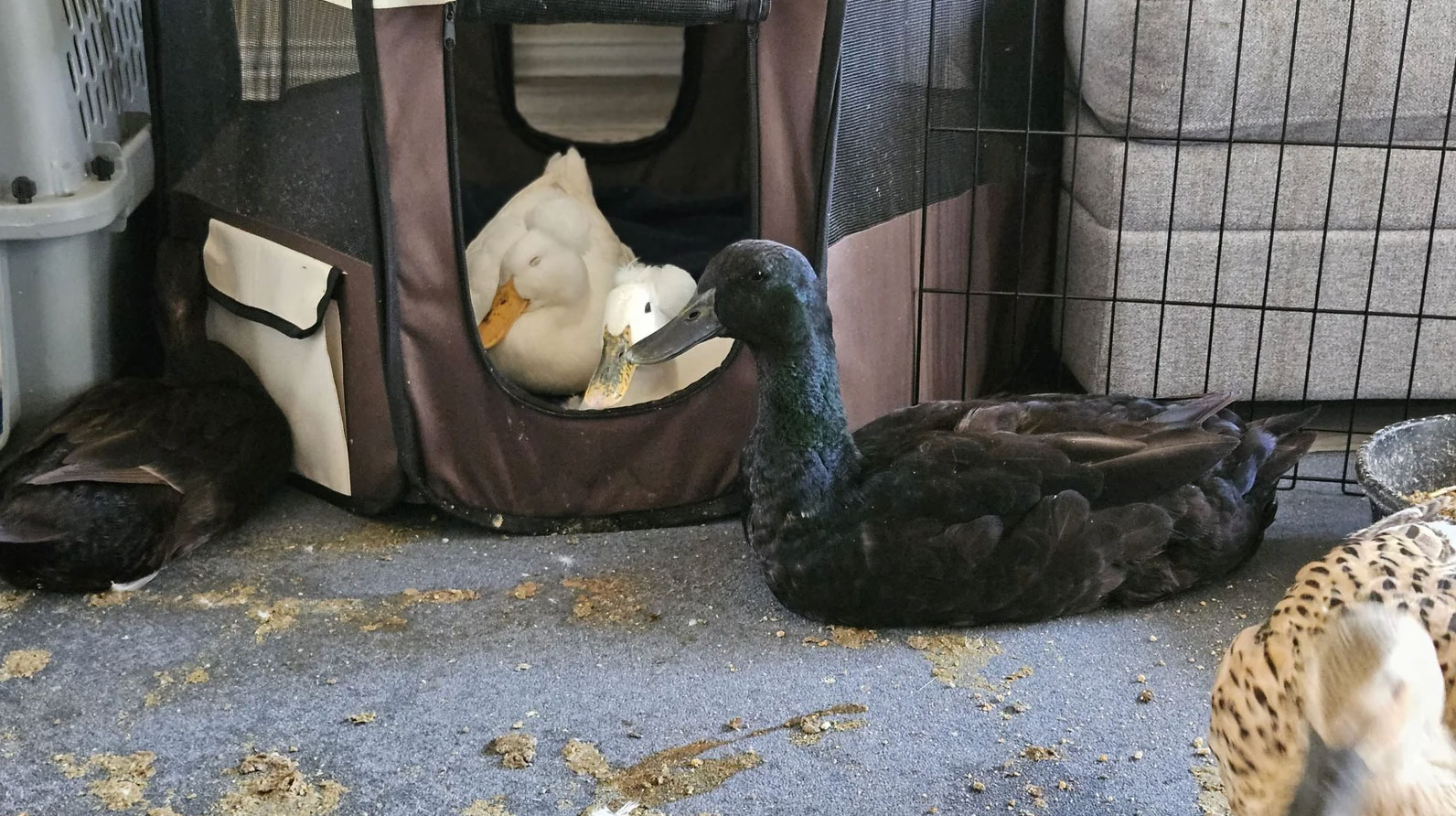
Additionally, providing a balanced diet rich in nutrients is vital for the overall health and longevity of ducks. Incorporate grains, greens, and specially formulated duck feed to ensure they receive proper nutrition. Regular monitoring of your ducks’ behavior and physical appearance can offer important clues about their health status; changes in appetite, energy levels, or feather condition may signal underlying problems. Adequate space and access to clean water for swimming and drinking are also essential for their physical and mental well-being. By fostering a supportive environment and staying proactive in health management, you can help ensure your ducks lead healthy, contented lives..
Challenges Of Keeping Ducks As Pets
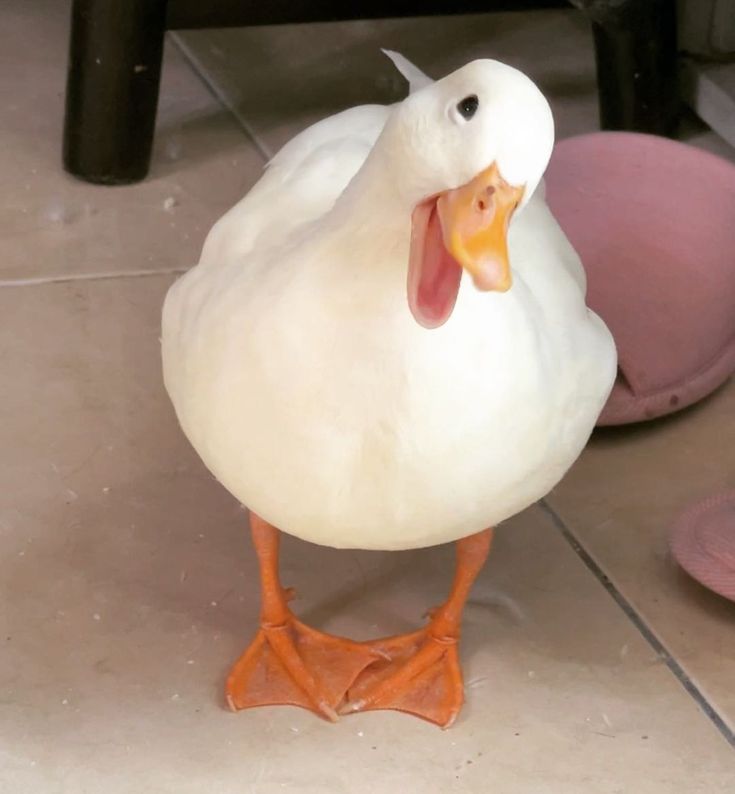
In addition to their messiness and noise, another challenge of keeping ducks as pets is meeting their specific dietary needs. Ducks require a balanced diet rich in grains, proteins, and essential nutrients, which demands regular attention and planning from the owner. Furthermore, ducks thrive with access to water, not just for drinking but for swimming, as it aids in their physical health and happiness. Providing a secure and adequate environment for their exploration and exercise can be both time-consuming and resource-intensive. Prospective duck owners must also be aware of their social nature; ducks are inherently flock animals and may require companionship to prevent loneliness. Therefore, thoroughly researching these aspects and considering your resources will ensure a healthy and fulfilling relationship with your feathered friends..
The Joys Of Owning Pet Ducks
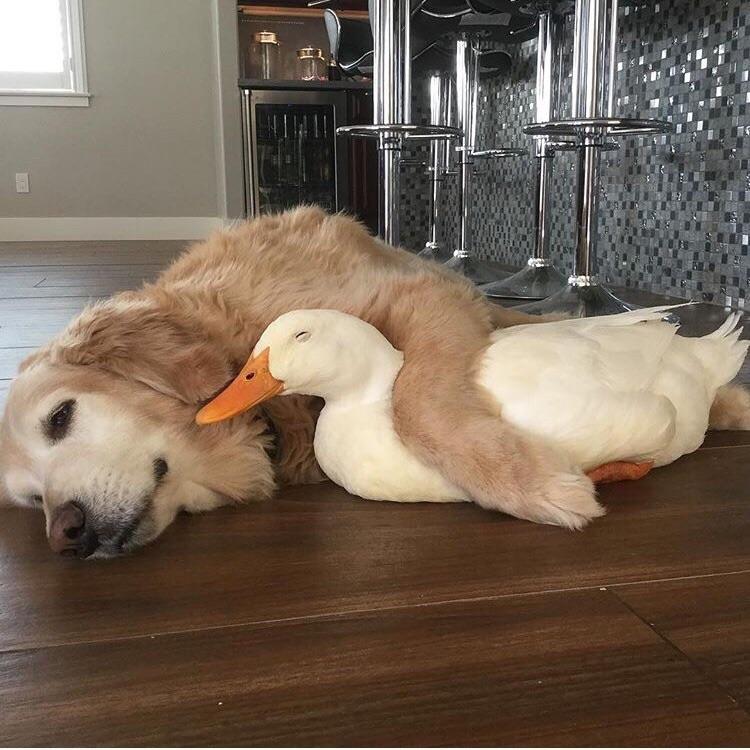
Ducks’ quirky antics and curious nature often lead to delightful and unexpected interactions that fill their owners' days with laughter and amusement. Their gentle, yet social demeanor fosters a connection that transcends the ordinary pet-owner relationship, offering companionship that feels both soothing and invigorating. Moreover, the simple act of watching ducks waddle and swim can be a meditative experience, allowing their owners to unwind and find peace in their presence. For families, ducks can also be an educational opportunity, teaching children about responsibility and the intricacies of nature as they care for these fascinating creatures. Ultimately, the vibrant energy and affectionate bonds ducks offer enrich the lives of those fortunate enough to share their space, reminding us of the simple pleasures and meaningful connections found in nature..
Ducks can be a delightful addition to the right home, offering years of companionship and entertainment. However, their specific needs mean they aren't suited for every family. By understanding the requirements of ducks as pets, including proper space, diet, health care, and attention, you can make an informed decision. With the information provided here, consider if a pet duck could fit into your life and, if so, enjoy the unique experience they offer.

